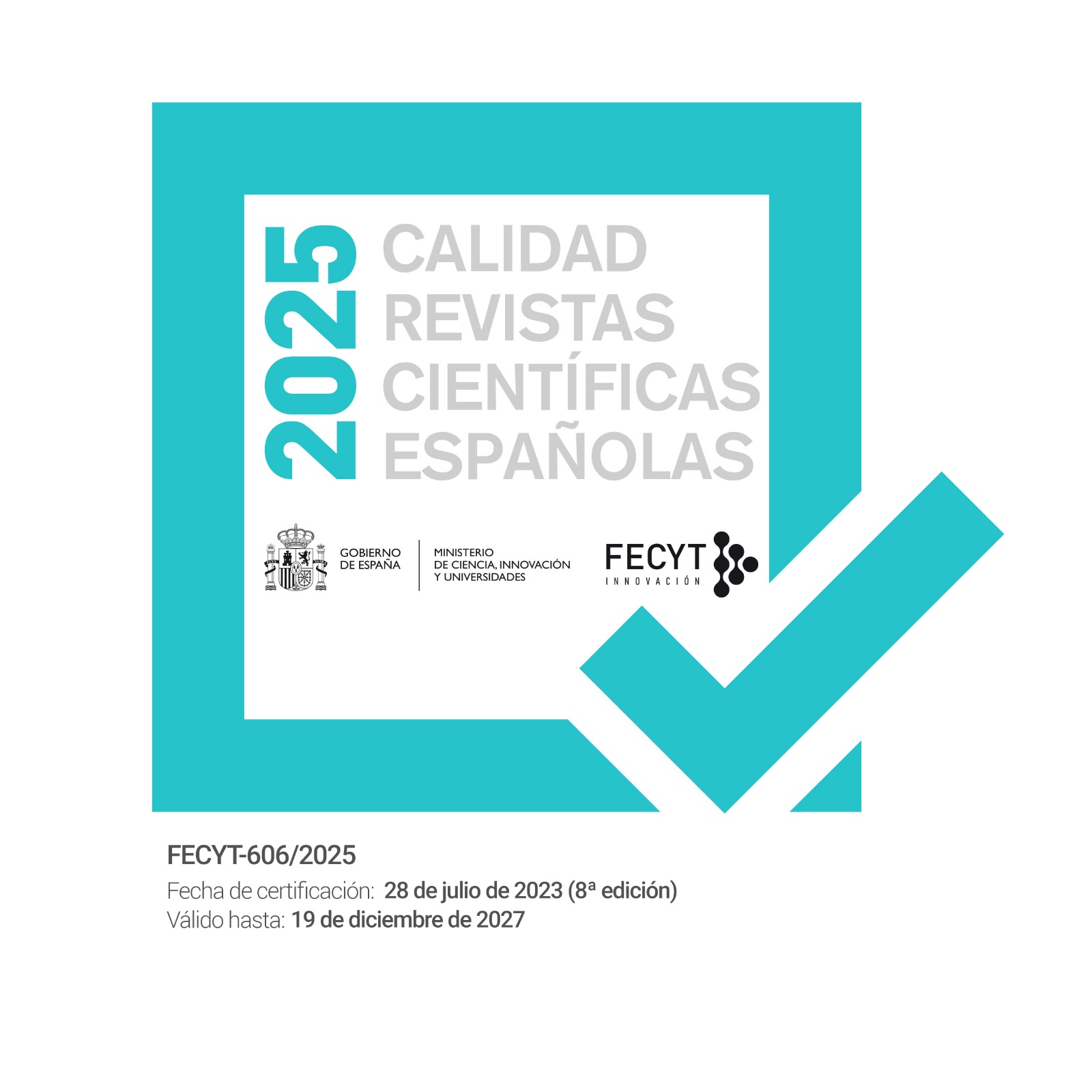Bans on Combinations: Nineteenth-Century France, Great Britain and Spain
Palabras clave:
Bans on combinations, liberal state, France, Great Britain, SpainResumen
Bans on combinations, and the subsequent criminal repression of worker's unionism, were justified as a basic budget for free market by mercantilist ideology, and as a prerequisite of the realization of the freedom of contract by individual liberalism. Liberal thinkers plainly expressed their rejection to any intermediate structures between the state and the individuals, and that was the spirit with which most of these laws were drafted in Europe at the end of the 18th century and the beginning of the 19th century, following the pioneer Turgot’s Edict of 1776. This work aims to make a comparative study of the situation in France, Great Britain and Spain
Descargas
Descargas
Publicado
Cómo citar
Número
Sección
Licencia
Creative Commons Reconocimiento-NoComercial-SinObraDerivada 4.0 España (CC BY-NC-ND 4.0 ES)




